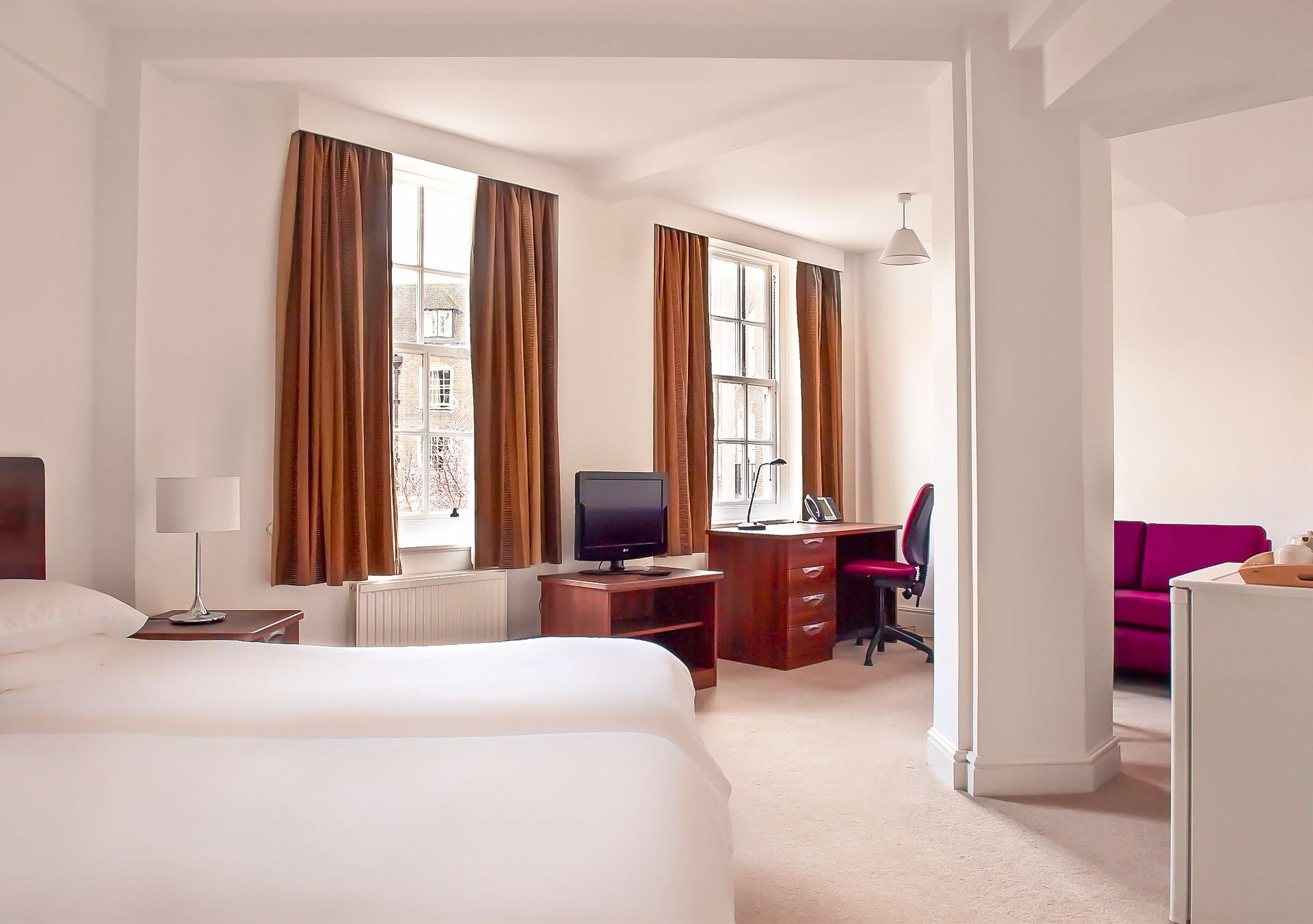Valencia is a Spanish city, situated on the Mediterranean coast of the Iberian Peninsula on a large alluvial plain formed by the rivers Júcar and Turia. It is the capital of the Autonomous Community of Valencia and the third largest Spanish city, after Madrid and Barcelona. Valencia was founded by the Romans in 138 BCE as “Valentia Edetanorum”, making it also one of the oldest cities in the whole of Spain. Currently Valencia also hosts a number of world events, including the European Formula 1 Grand Prix and the ATP 500 tennis tournament. As well as Castillian Spanish, the city also speaks Valencian and they are both official languages of Valencia.
Valencia has two beaches within the city limits, the Malvarrosa and the de las arenas. These are typical city beaches, with fine golden sand and a long and extensive seaside promendade offering a great variety of shops and restaurants. The city also offers a wide selection of parks and green spaces. Around 90% of the city’s streets all have green areas and a large selection of trees. The major parks are the Parque de Cabecera, with an artificial lake, childrens’ games and the Bioparc, Valencia’s new zoo, the Parque Gulliver, with a huge figure of the mythical Gulliver, whose clothes and hair form slides for children to play on, the Botanical Garden and the Jardines del Real.
Accommodation in Valencia’s student residences
The student residences and colegios mayores are assigned to one of the three universities in Valencia, the University of Valencia, and the Polytechnic University of Valencia and the Catholic University of Valencia. It should be understood that these residences are designed primarily for students and not children or adults expecting a high level of luxury. However, with this in mind, the halls do meet a level of comfort that we expect most visitors to be happy with, and we will welcome any feedback where this is not the case.
Getting around Valencia
Valencias Metro network is made up of 5 lines, 3 underground and 2 overground tram lines. The city has four mainline train stations and four of the lines that operate out of them connect Valencia with places like Madrid, Barcelona and Zaragoza. There is also a large network of city and suburban buses. In July and August there are several additional routes that connect the various parts of the city with the beaches. Valencia is served by the Aeropuerto de Manises, which is located around 8 km (5mi) from the city centre and is reachable by bus and metro.
